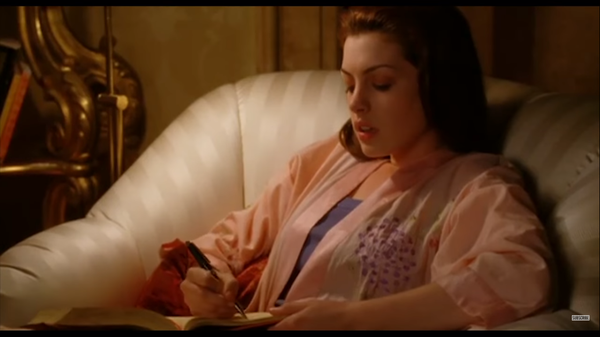Meggie Royer is a classmate of mine at Macalester College, a pug enthusiast, and a prolific author. Though only 21 she has already published multiple books of poetry including Survival Songs, Healing Old Wounds With New Stitches, and Potions for Witches the Boy’s Couldn’t Burn. While some her books are offered in bookstores during the run of their publication, the majority of her work is found online where she is very active. Some of her online ventures include a GoodReads profile, a professional Facebook page, an online store selling her books, prints of her photography, and other merchandise, and a tumblr page. While all of her poetry and artwork is worth checking out, one poem in particular has soared in popularity.
Royer posted the poem “The Morning After I Killed Myself” onto the popular website Tumblr in July 2015. The post garnished an incredible response, with hundreds of thousands of notes on her original post. While this “viral status” is something many content creators want to attain, the consequences are not always positive. In a Facebook post just this week Royer highlights a major issue facing online content creators across genres and platforms; stolen content. She writes:
So yesterday I became aware that an individual (whom I will not name) plagiarized “The Morning After I Killed Myself,” a piece of mine I wrote over a year ago that went viral and has been read since I posted it over 5 million times (and plagiarized hundreds of times). This individual submitted this plagiarized piece to a prestigious art & writing contest (for which, ironically, I won several national awards in the past) and won an award for it.
When I became aware of this fact, I contacted the necessary individuals and this person’s award has been revoked; they are now subject to disciplinary action.
She then goes on to discuss how plagiarizing authors, Particularly independent authors on Tumblr, can impact their ability and desire to keep writing. (If you want to read the entire post, which I highly suggest doing, click here.) And this instance is just one of the many examples this poem alone has been stolen, altered, or attributed to different authors. And Meggie’s feeling of frustration is not unique.
Though a slightly different medium, and for many creators a slightly larger scale, many YouTubers in the past few months have spoken out about the struggles for online content creators to maintain to security of their content. One particular issue they community has addressed are something they’ve dubbed “reactionist” videos. In these videos, users upload full-length videos made by other creators under the guise of “Reacting” to the them. However, unlike other react channels they do nothing to edit or alter the original video. They simply play it in full then comment at the end. Many users from channels of varying size have spoken out against these types of videos claiming that they are unfair to the original creator. Here is one example by the user JacksFilms, who satirizes the reactionist videos and comments on their effects at the end. A similar issue has been rising on Facebook since the website began integrating videos into the platform. Many uploaders have realized that Facebook, like YouTube, has such a high saturation of posts and videos being uploaded everyday that many content are unaware that their content is being reuploaded and they are given no credit.
These are just a few of the many examples of content creators across platforms being abused by users who are utilizing the fact that websites cannot moderate all of the things being uploaded and people who are trying to piggy-back on the success of other creators. While many of us would be angry if something we worked very hard on was exploited by others, the topic is not an easy one to reconcile. When it is a clear case of plagiarism, like the poem Meggie wrote being used by another person for a poetry contest or someone uploading an entire movie onto YouTube, the outcome is clear; that person is in the wrong and their prize needs to be revoked or the video taken down.
But in other cases it is not as clear.
Are reactionists adding enough commentary for their videos to be fair use? What about another poem titled “The Morning After I Killed Myself” that features different words, but encompasses the same idea?
How much alteration to an original work makes it new content?
I wish I had a simple answer for this question, one that was fair to all original content creators while also not threatening the freedom of expression that the internet provides. But I hope that the next time you share an artist work on Facebook, reblog a poem on Tumblr, or subscribe to a new channel on YouTube you think not only about the content you are consuming but who made it.


















